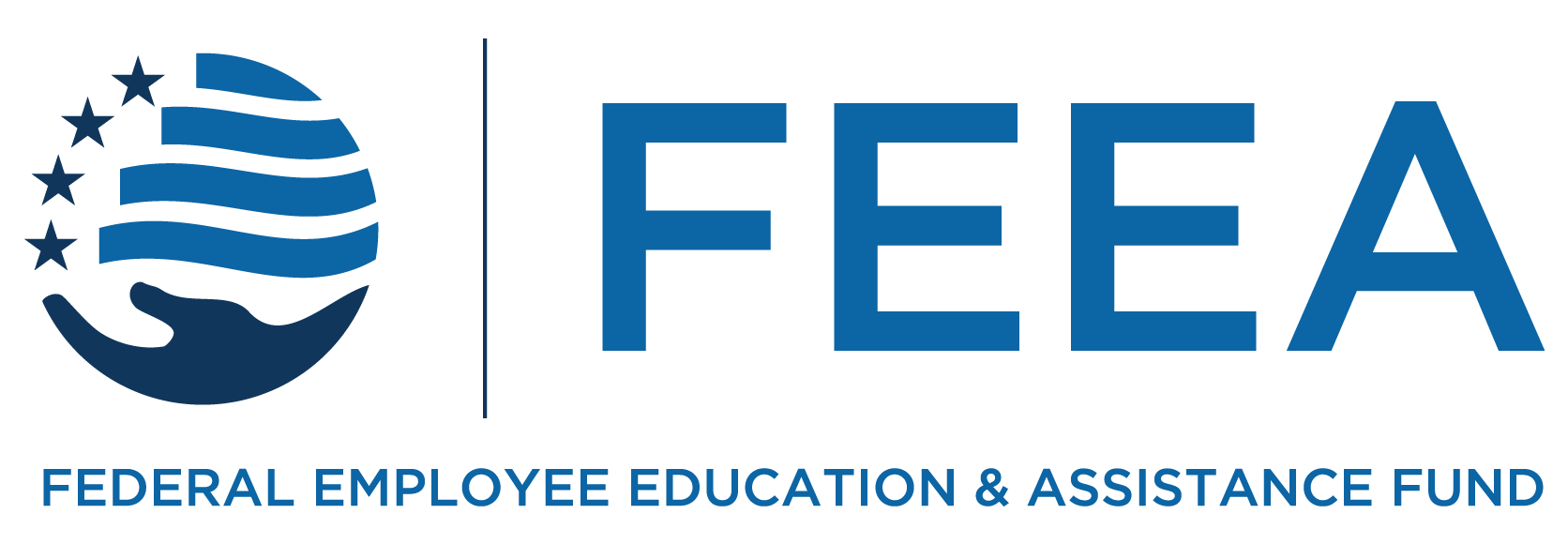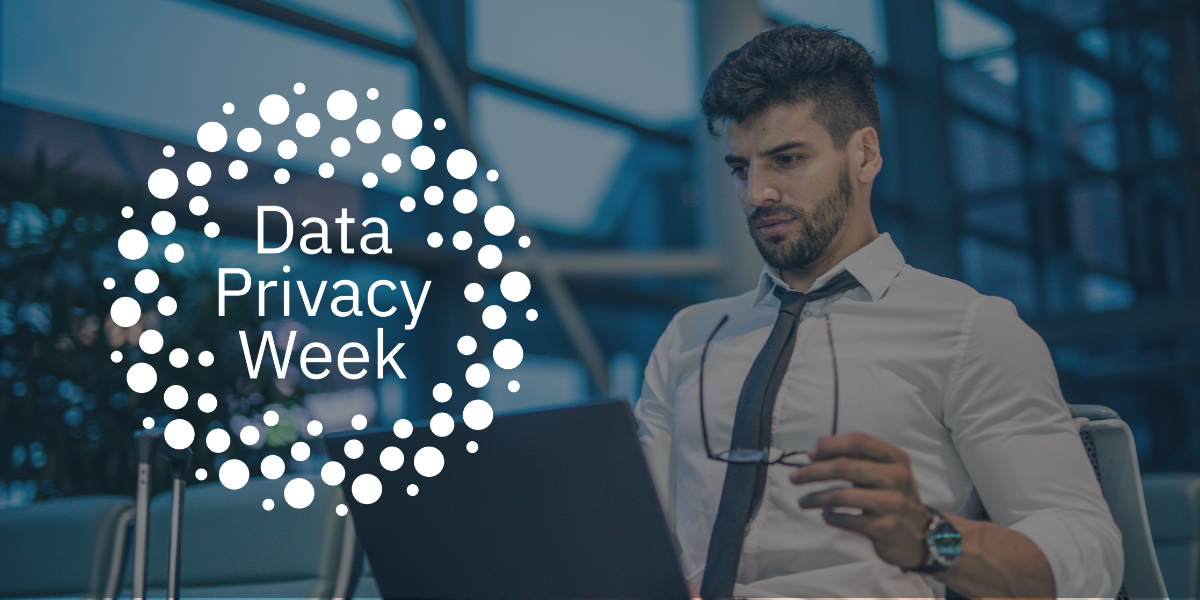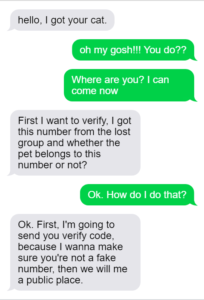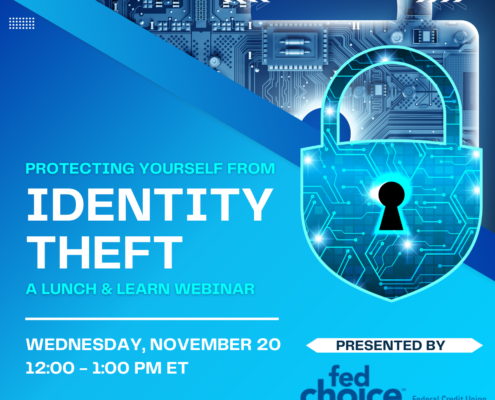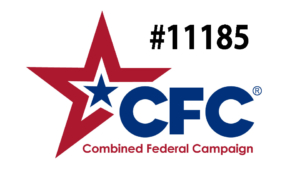Data Privacy Week is an annual event that aims to raise awareness about the importance of data privacy and the steps individuals and organizations can take to protect personal information.
In today’s digital age, personal information is more vulnerable than ever. Your data is not only being compromised by hackers and cybercriminals but also mined by advertisers, software developers, and big businesses. According to recent estimates, the global data analytic market was worth over $270 billion in 2022 and will hit $650 billion by the end of the decade.
The goal of Data Privacy Week is to educate people about the potential risks associated with the collection, storage, and sharing of personal data and to encourage them to take steps to safeguard their information.
From social media accounts to banking information, it’s crucial to take steps to protect your online data. This can include actions such as being mindful of the personal information shared online, keeping software and systems up to date, and being cautious about sharing personal information with untrusted sources.
Steps You Can Take to Keep Your Data Safe
PROTECT YOUR DATA
Protect your data by adjusting your privacy settings to your comfort level and knowing the tradeoff between privacy and convenience. The National Cybersecurity Alliance advises users to cultivate a data privacy habit by making informed decisions about who you share your data with. So, what steps can you take to protect your data?
Adjust the privacy settings to your comfort level
Apps, websites, devices, and software will often seek out more data than you would think is necessary. Ever wonder why that game app wants to know your location or why that social media site wants access to your contacts? Those are great questions to take back control of your data. The National Cybersecurity Alliance has a list with direct links to update your privacy settings on popular devices and online services.
Many web browsers, computers, and devices will ask you if you want to share certain types of data with a new app or website. Strike up a habit of paying attention to these requests and actually think about your answers. Here are common types of data you might be asked for:
- Your location
- Your contacts
- Your photos and camera
- Data about your behavior and use of a service
Opt for private browsing and do-not-track features:
- Google Chrome. Go to the Google Support Center opens a new window and search for “incognito mode.”
- Mozilla Firefox. Go to Firefox Help opens a new window and search for “private browsing.”
- Microsoft Edge. Go to Edge Help opens a new window and search for “InPrivate browsing.”
- Apple Safari. Go to the Apple Support Center opens a new window and search for “private browsing.”
The global data analytic market was worth over $270 billion in 2022 and will hit $650 billion by the end of the decade.
Keep Data & Software Up to Date
Software updates often include security patches to fix vulnerabilities. Make sure to keep all your devices and software, including your operating system, browser, and apps, up to date. This is important to keep your device and software protected from the latest security threats.
Further, periodically check through the list of apps on your device and delete any unused apps. Conducting a regular app audit can help protect your data and privacy. Even when you don’t use an app, it can still collect data, meaning you’re potentially giving away your data without being aware of it.
Cybercime cost Americans over $50 billion in 2021, a 62% increase over the previous year.
– FBI Elder Fraud Report
Be Cautious of Phishing Scams
Cybercriminals often use phishing scams to trick you into revealing personal information or login credentials. Be cautious of emails or messages that ask for personal information, or that contain links or attachments. Phishing scams can be difficult to identify, so it’s important to be vigilant and not to open or click on links or attachments from unknown or suspicious sources.
Use Two-Factor Authentication (2FA)
Two-factor authentication adds an extra layer of security to your online accounts by requiring a second form of verification, such as a fingerprint or a code sent to your phone, in addition to your password. This can help to prevent unauthorized access to your accounts, even if a hacker has your password.
If you are a victim of a scam or phishing attack, you should take the following steps:
More from FEEA
Subscribe to FEEA’s Newsletter
Join the National Cybersecurity Alliance (recorded webinar)
Your data is precious – when it is added up, it tells an expansive story about you and your behavior. Learn how to manage and protect it. Learn how to protect your family’s data and how to take charge of your own data trail. We’ll even let you know if you should accept cookies.
The information provided in this piece is for your convenience and informational purposes only and not to be construed as professional advice. FEEA and its coauthors and sponsors are not liable for any losses or damages related to actions or failure to act with regard to the content in this piece.
Would you like to reprint this piece in your agency human resource, federal employee association, or union local newsletter? You can do so at no cost by contacting [email protected] with your request.
